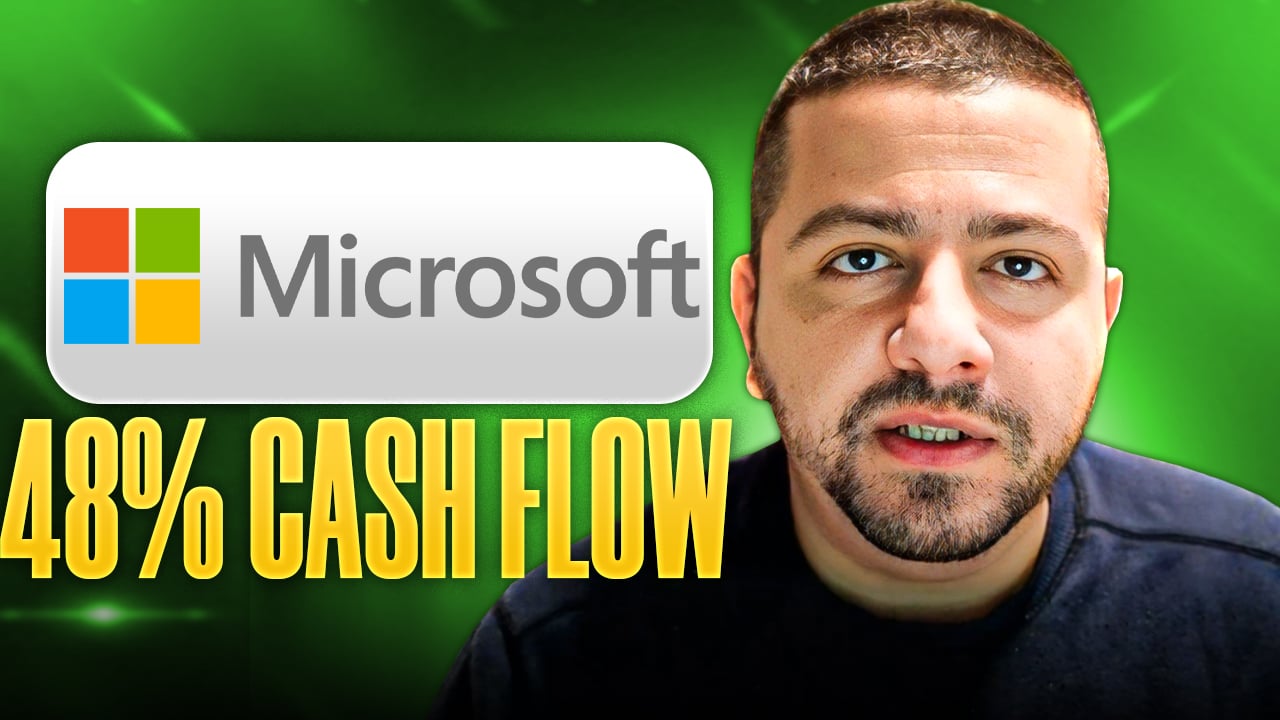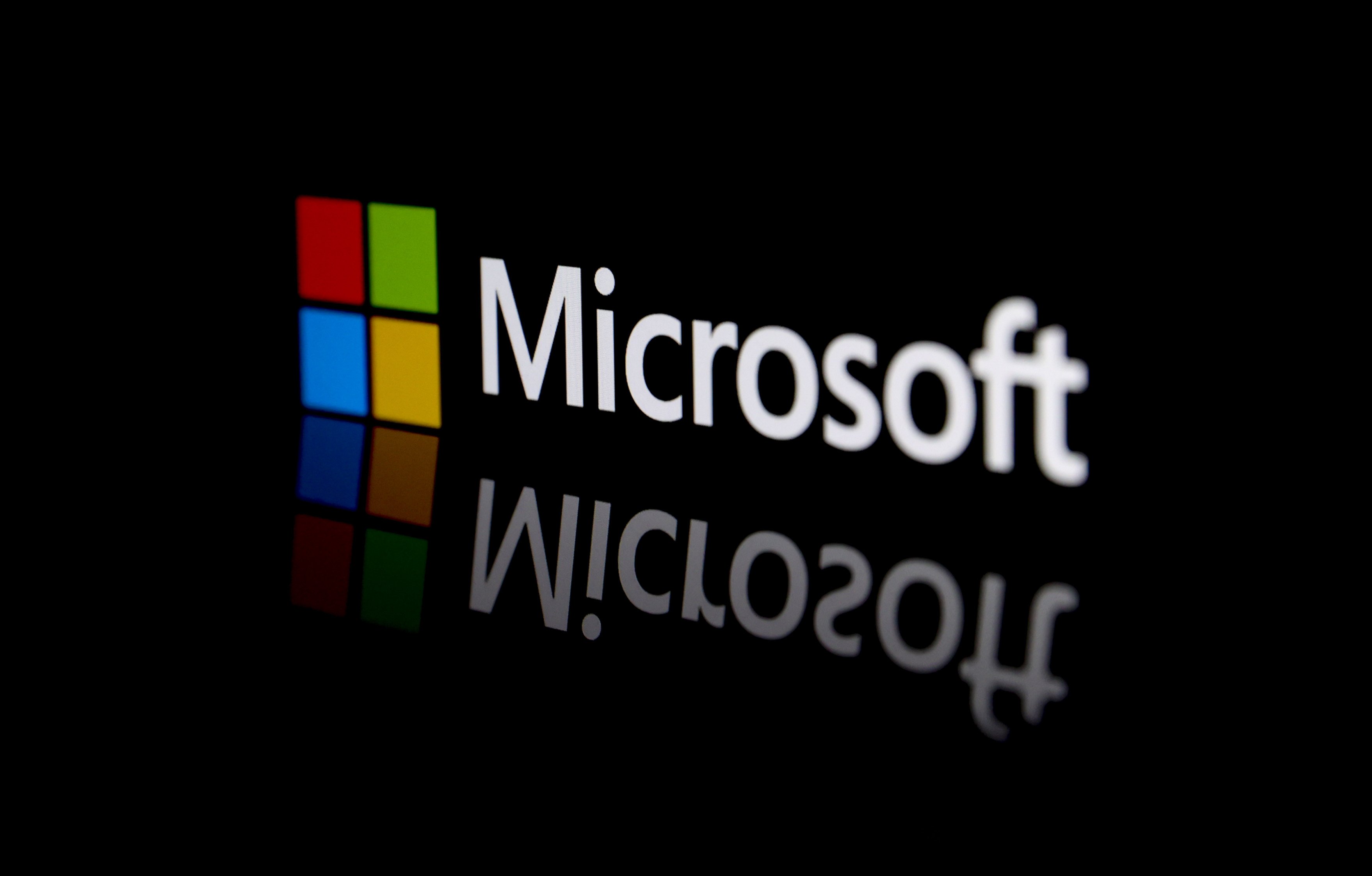It's taken a while, but patient fans of Microsoft (MSFT 1.02%) are finally beginning to see some signs of life, both from a new product and services perspective, as well as its stock price. By no means are new CEO Satya Nadella and team done with Microsoft's transition to a leading mobile, cloud, and big data provider, but there are multiple signs that strides are being made.
Naturally, there are still those who aren't buying what Microsoft's selling. Though several analysts are finally recognizing Microsoft's advancements in key growth areas, a majority remain unconvinced. Too bad for them, and for the clients that heed their advice.
First, some good news
In what was widely hailed as a successful debut as Microsoft's new number one, Nadella made his first presentation a couple days ago, showing off Microsoft's new Office for iOS. In a world of bring-your-own-device to work, cross-platform apps have quickly become a necessity, not a nicety. And that's what makes Office for iOS such an intriguing move on Microsoft's part. If Nadella gleans much of the praise for an app that's most certainly been in the works longer than he's been CEO, so be it.
Nadella's first shot at the spotlight also served as a precursor of things to come, as much by what he didn't say as what he shared about Office for iOS and the future of Microsoft. Noticeably absent from Nadella's introduction was a Windows software demonstration. Microsoft isn't a PC company any longer, which Nadella made clear by forgoing the use of a PC during his presentation. Instead, Nadella focused on the importance of cross-platform apps to fuel future growth.
Now, more good news
Over half of the analysts covering Microsoft are stubbornly clinging to their respective versions of a "hold" rating, despite a nearly 41% jump in share price the past 12 months. This, however, should change, considering the average target price of the Microsoft-haters is $38.84 a share, nearly 3.8% below Friday's close. Other analysts are coming around, including a couple that recently raised Microsoft's price target to $44 a share.
Somewhat lost in the hoopla surrounding Nadella's first presentation as CEO and the Office for iOS introduction was news of what could be a game-changing cloud deal for Microsoft. Already growing by leaps and bounds -- cloud-related revenue more than doubled last quarter -- the deal Microsoft inked to bring cloud services to Chinese consumers could be absolutely huge. It's the first partnership of its kind involving an "outsider," and it's been a long time coming.
Some background
The process of bringing cloud services to Chinese consumers began about a year ago, when Microsoft certified over 100 techs of China data service provider 21Vianet. The partnership limited what Microsoft could offer Chinese business customers, but turned out to be an important first step to establish a more expanded relationship in the future. Thankfully, the future is now.
With the deal in place, 21Vianet can begin offering its business customers Microsoft's cloud platform Azure. With a domestic Azure customer base that includes over half the Fortune 500, China businesses that opt for Azure will find themselves among some pretty good cloud company.
Final Foolish thoughts
Opening the Office door to the millions of iOS users, and the incremental revenue that will come from the new app, certainly warrants all the press that Microsoft's received these past couple of days. Add to that a successful introduction of Microsoft's new CEO, and it's easy to see why its stock price is bumping up against its 52-week high of $40.99 a share.
If anything, analyst price targets for Microsoft in the mid $40 a share range are on the low end for mid and long-term investors. Yes, Microsoft stock is up 40.9% the past 12 months, which may be worrisome for value investors. But remember, its stock price had been depressed for so long, you could argue Microsoft's recent run has simply brought its stock back to ground zero. Microsoft remains a solid long-term alternative, especially when you consider the potential of bringing the cloud to China.






